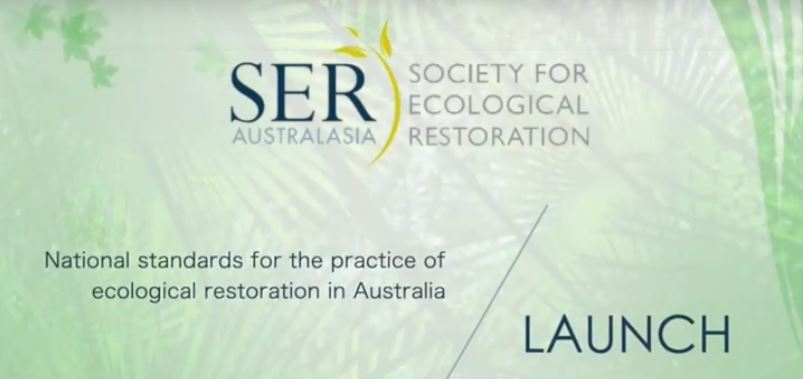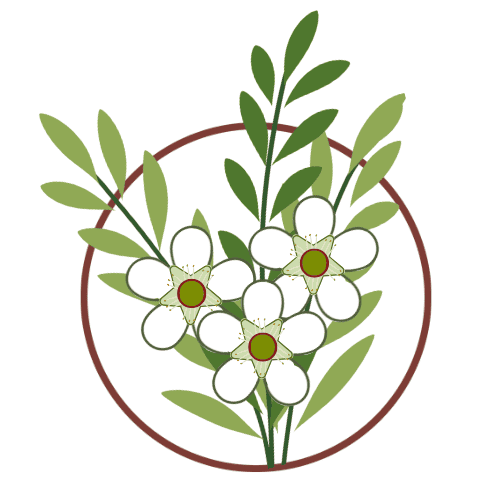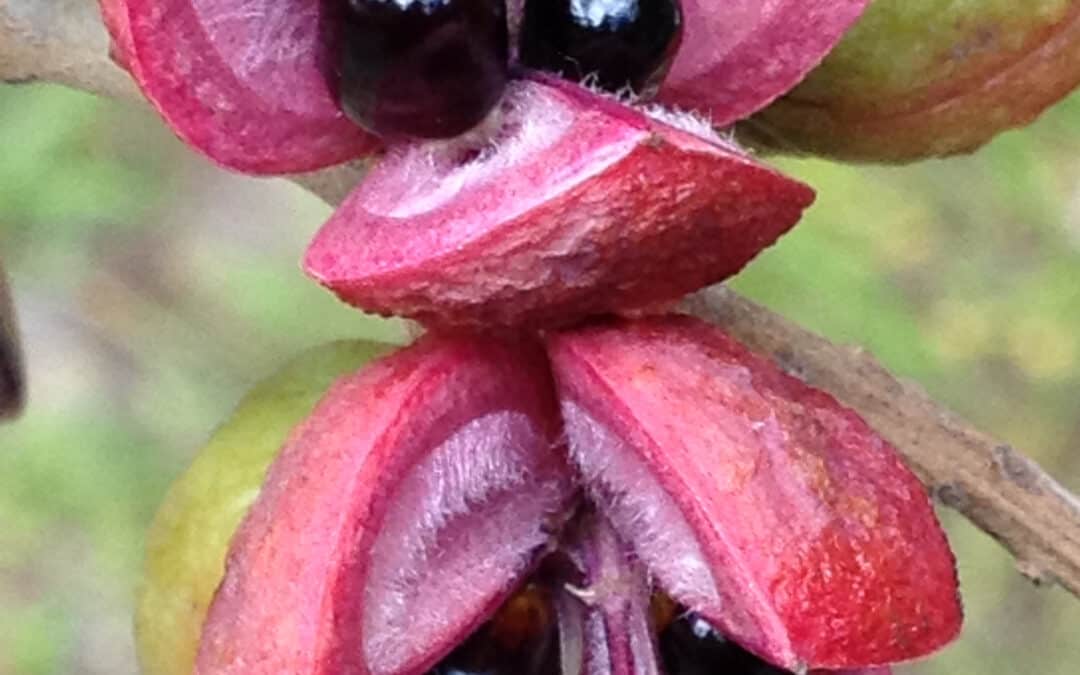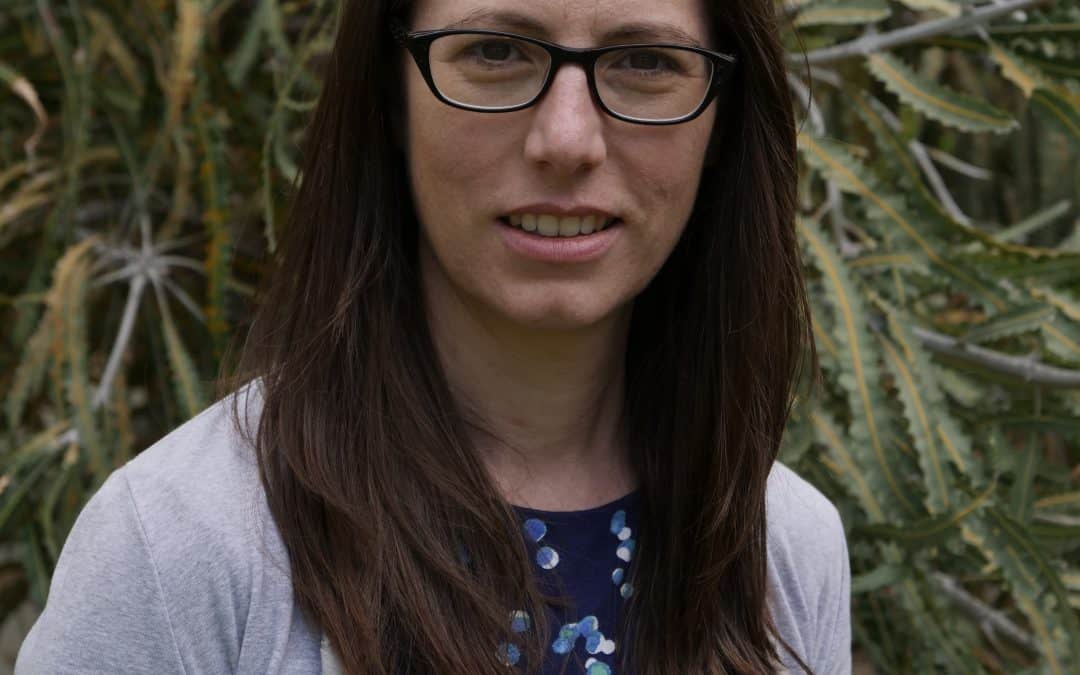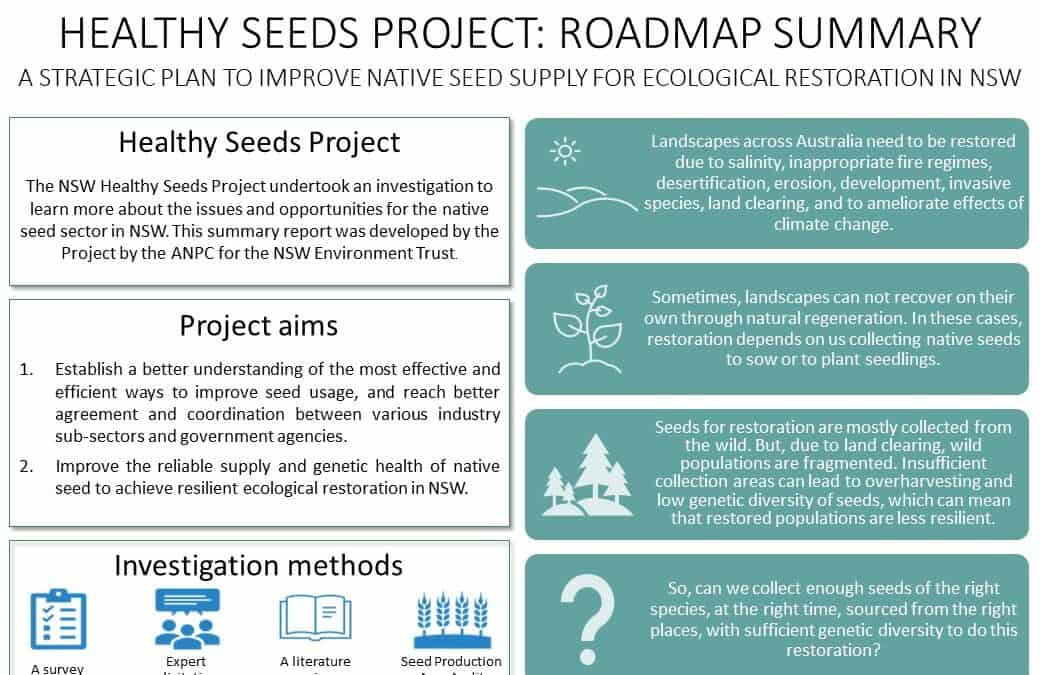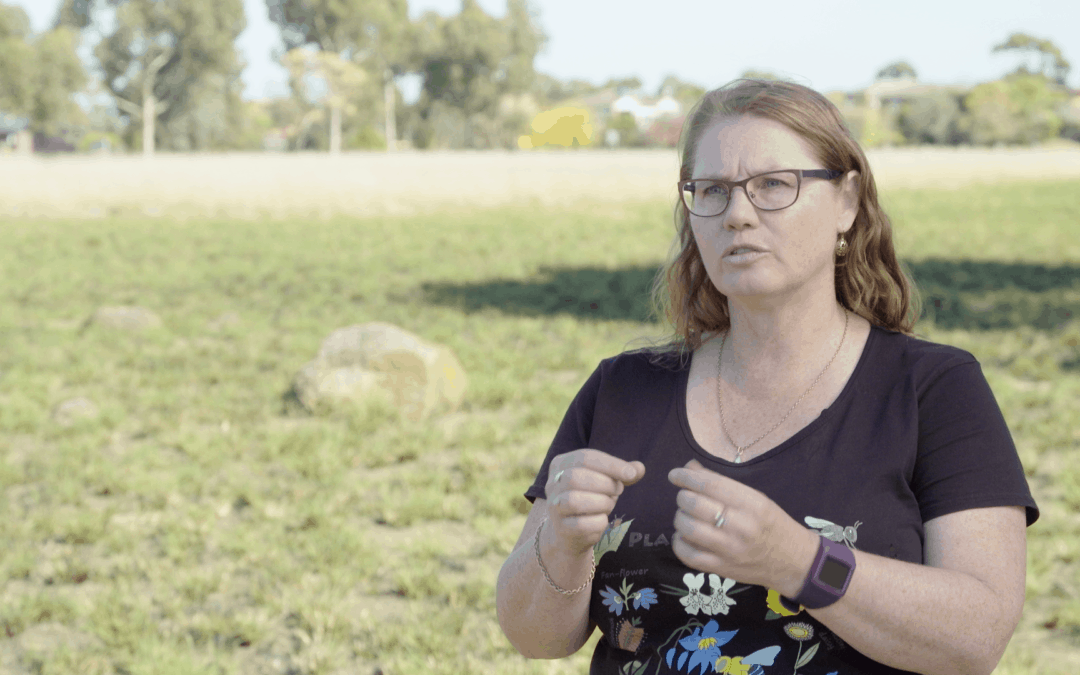
Sep 30, 2021 | News
The Society for Ecological Restoration Australasia launched Edition 2.2 of the National Standards for the Practice of Ecological Restoration in Australia. This document, in which the ANPC is a proud partner, is a must read for anyone involved in restoring Australia’s terrestrial, freshwater and marine ecosystems. To watch a recording of the launch or download the National Standards head to their website.

Sep 30, 2021 | Events Category
On Thursday 11 October 2021 Amelia Martyn Yenson has been invited to speak at BGANZ Collections and Records Management Group’s online workshop. Make sure you save the date in your calendar to hear about the recently released Germplasm Guidelines in this free webinar.

Sep 30, 2021 | Events Category
On 13-14 October in Perth, the Revegetation Industry Association of WA are holding their 2021 seminar titled “The Revegetation Cycle”. This paid event will be held in person and online. The ANPC’s project manager Dr Lucy Commander has been invited to give a keynote presentation on the Florabank Guidelines. Full details here.

Sep 20, 2021 | News
The project team has finalised a summary of the Healthy Seeds Roadmap – A strategic plan to improve native seed supply for ecological restoration in NSW – and are working towards completion of the full report. The consultation process will commence shortly, stay tuned for details.

Sep 20, 2021 | News
The first video and podcast from the Australian Network for Plant Conservation’s Plants Going Places project, funded by the Ross Trust and the NESP Threatened Species Recovery Hub, are now available. The video features the Spiny Rice-flower (Pimelea spinescens subsp. spinescens), learning from mitigation translocations, What happens when a threatened plant is growing in an intended development location? Often under Australian legislation, impacts can be ‘offset’ and the plant translocated. Moved, salvaged, re-grown in pots and planted elsewhere. But does that really work?! The Spiny Rice-flower is arguably Australia’s most salvaged plant and has a few valuable lessons to teach – about ecology, collaboration and open accessibility of knowledge. Over 23 years the team has worked to improve success rates and sharing of outcomes that were once held as ‘client in confidence’, so that everyone involved in translocation has an opportunity to learn what has and has not worked.
Image: Debbie Reynolds from Trust for Nature being interviewed for Spiny Rice-flower video. (Photo credit M. Lawrence-Taylor)
